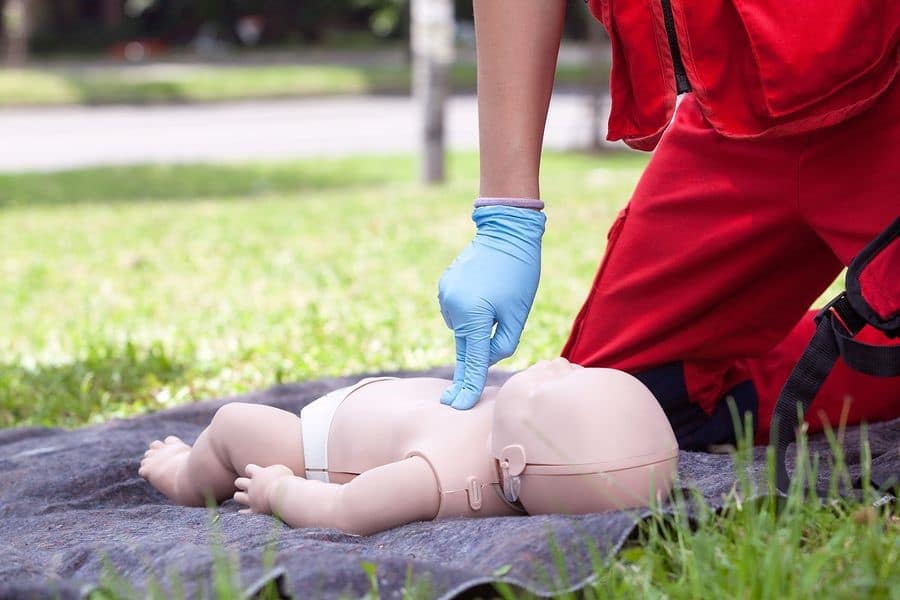Without a doubt, having a baby in the home is amazing. They can make people happier and less stressed just by giving them a smile. As parents probably realise, however, taking care of a baby is no simple matter. Especially when you are a first-time mum or dad, you may feel like there are a number of situations you may not be ready to respond to properly if it occurs. In order to avoid this, it helps to get proper training on keeping your baby safe, specifically first aid.
Accidents Involving Children are Rather Common in the UK
A baby first aid course for parents may be more vital than you think, considering more than two million children in the UK under the age of 15 experience accidents in and around their homes every single year. Of these cases, as many as 76,000 require hospital treatment and of these, more than 40 percent are aged five years old and below.
If this should happen to your family, it helps to know first aid. Then you can help your baby in the time between an accident and arrival at a hospital or medical professional. Here are some injuries and conditions that are typically covered in this type of first aid course.
Burns
Unfortunately, burn accidents among children are far too common. In most cases, it could be as simple as their bath is just a little too hot or hot drinks left unattended.
Choking
Babies tend to be fascinated with just about any object they see around them. The moment something catches their eyes, they tend to put them in their mouths and explore. The problem with this is that they could choke on buttons, beads, marbles, coins and any other objects that are small enough to fit into their mouth. Babies can choke easily since they have very small airways so it’s important to stay vigilant especially when a child is eating.
Anaphylaxis
Just like adult, babies may also experience allergic reactions to certain foods or ingredients in their formula. Allergic reactions vary in severity but immediate action is needed to ensure that the condition does not get any worse before help arrives.
Febrile Seizures
Febrile seizures refer to convulsions that a baby may experience while having a fever. This typically affects children aged three months to six years old. While some of these convulsions are not that serious, they are very likely to scare a new parent who does not have first aid training. Serious or not, they require particular first aid steps to be taken and likely medical attention too.
If you are new parents, consider taking a baby first aid course. Learning how to save your child in the event of untoward incidents helps you confidently care for your precious baby.
Sources:
Febrile Seizures, kidshealth.org
Infant choking: How to keep your baby safe, mayoclinic.org
Anaphylaxis in babies, babycentre.co.uk
First aid training ‘essential’ for parents and nannies, thenational.ae

